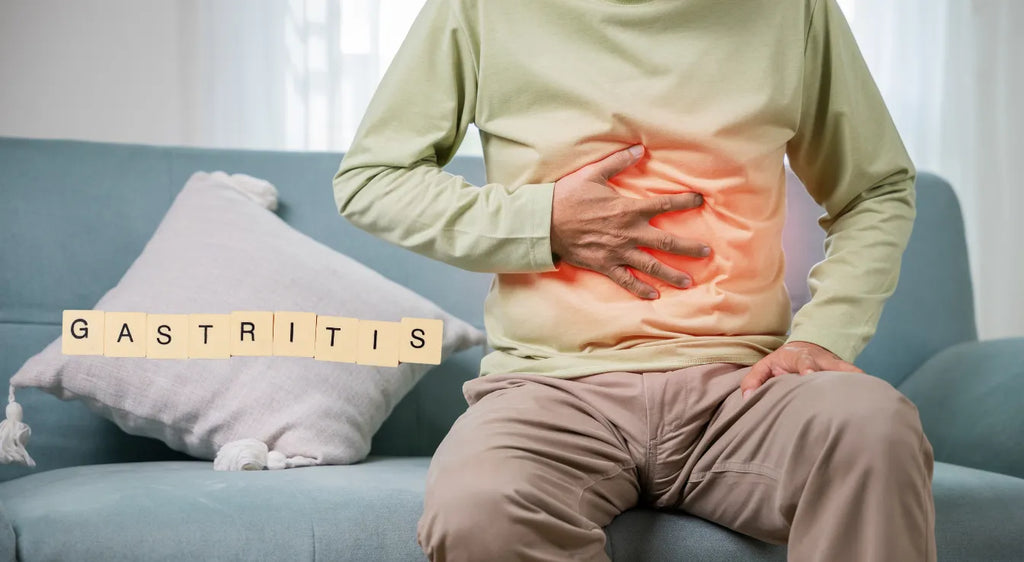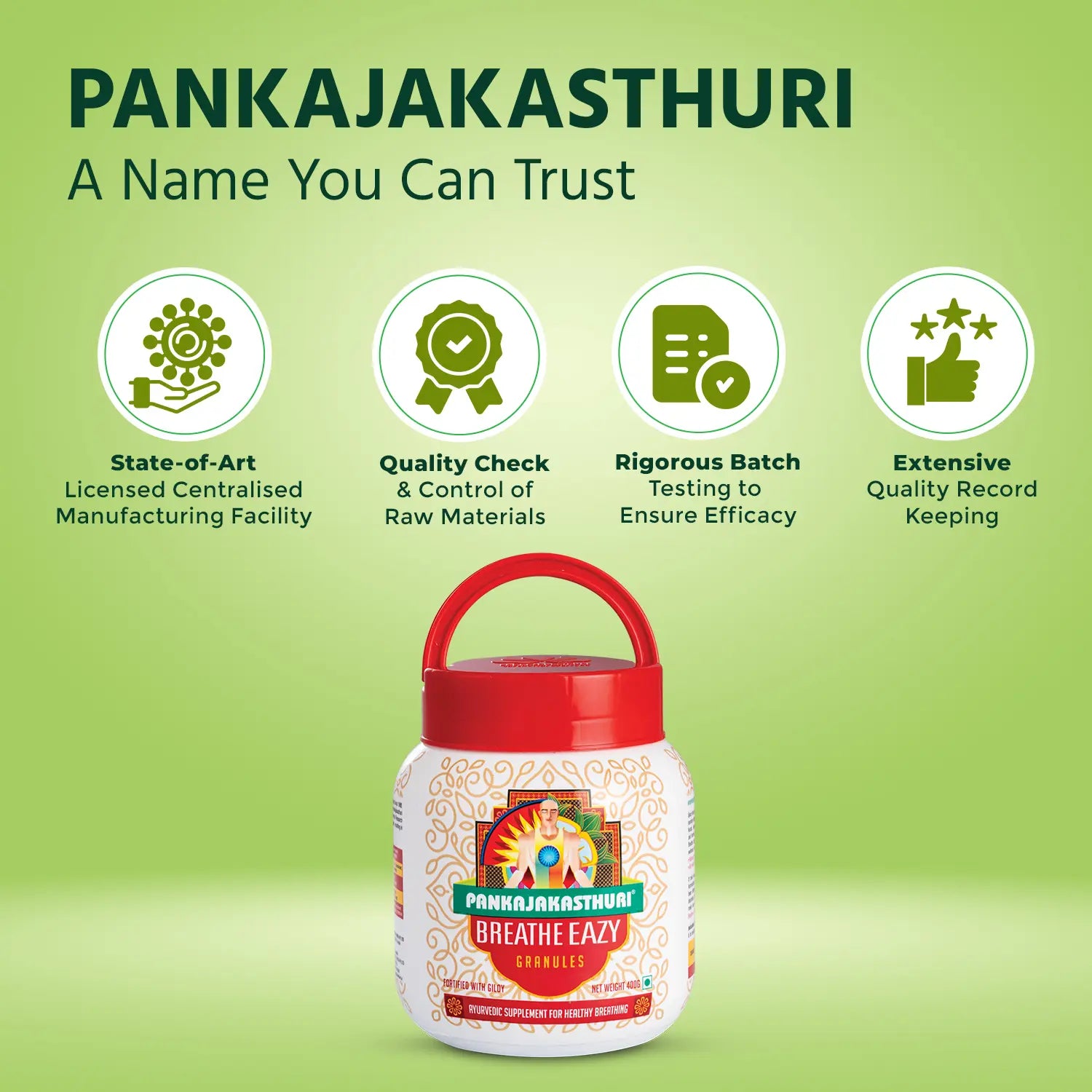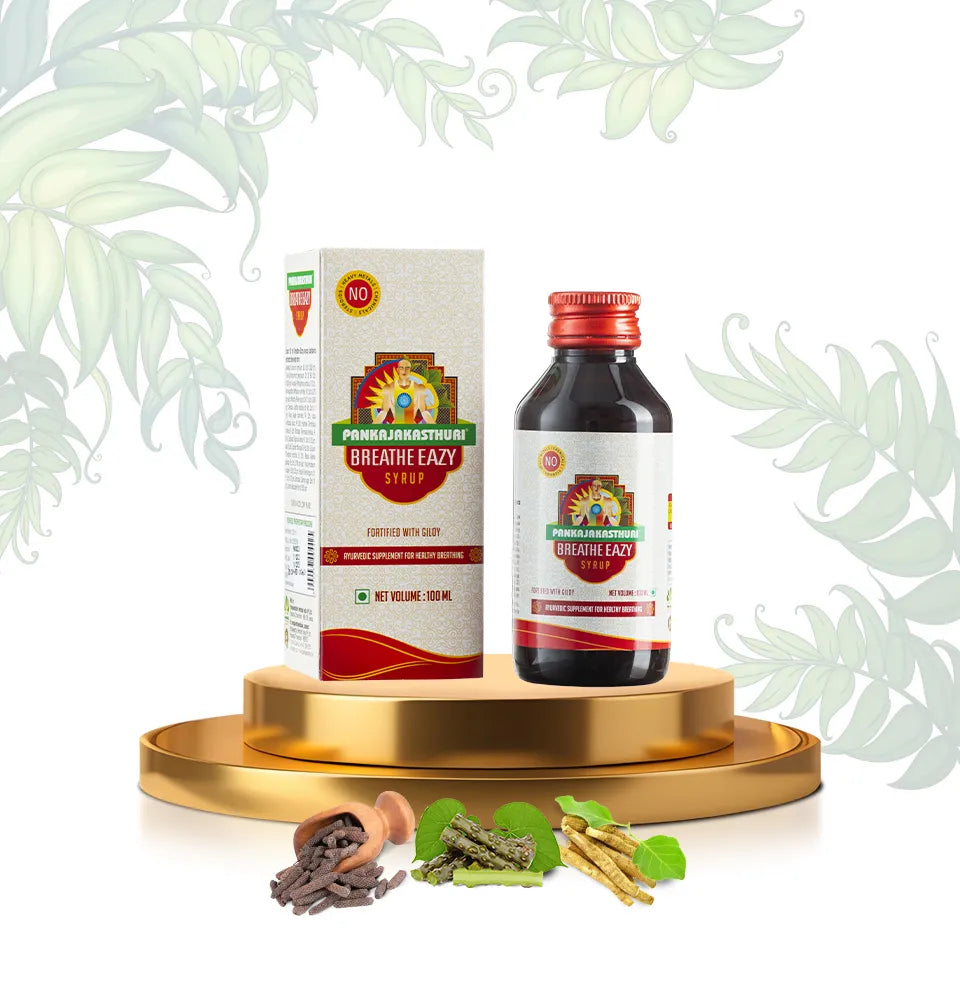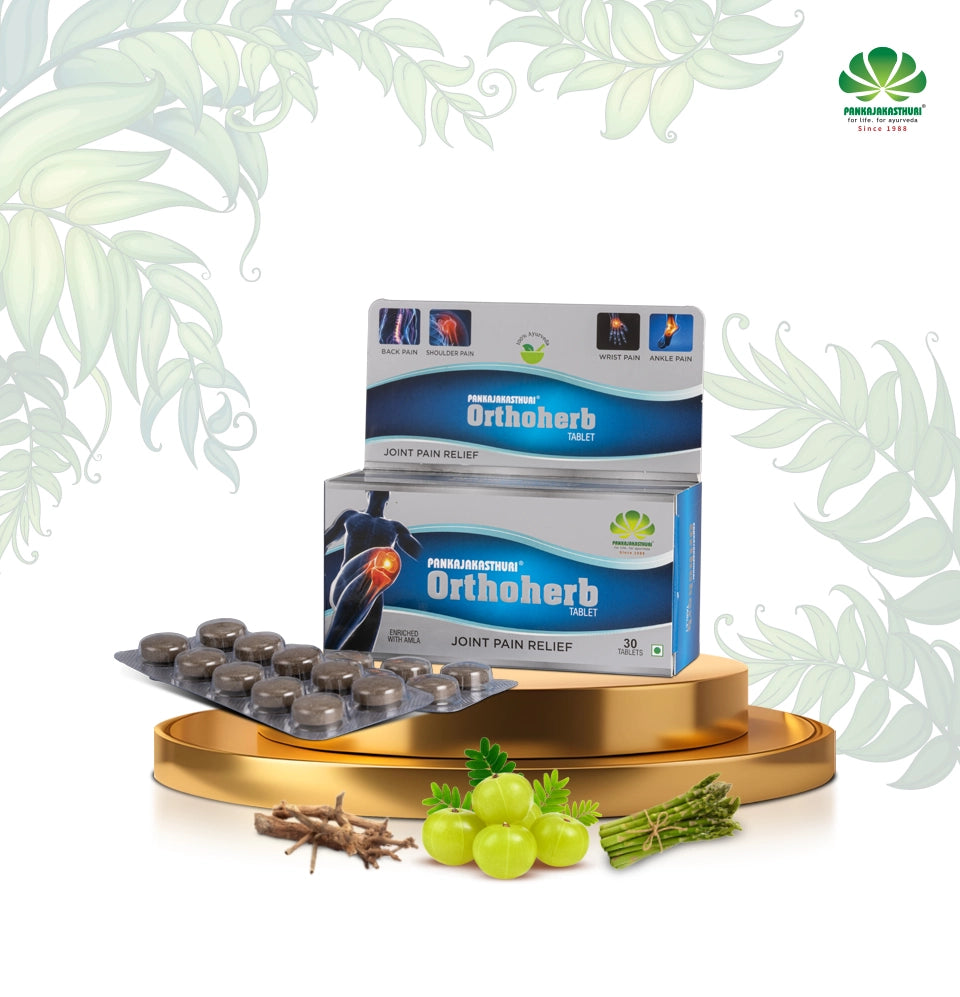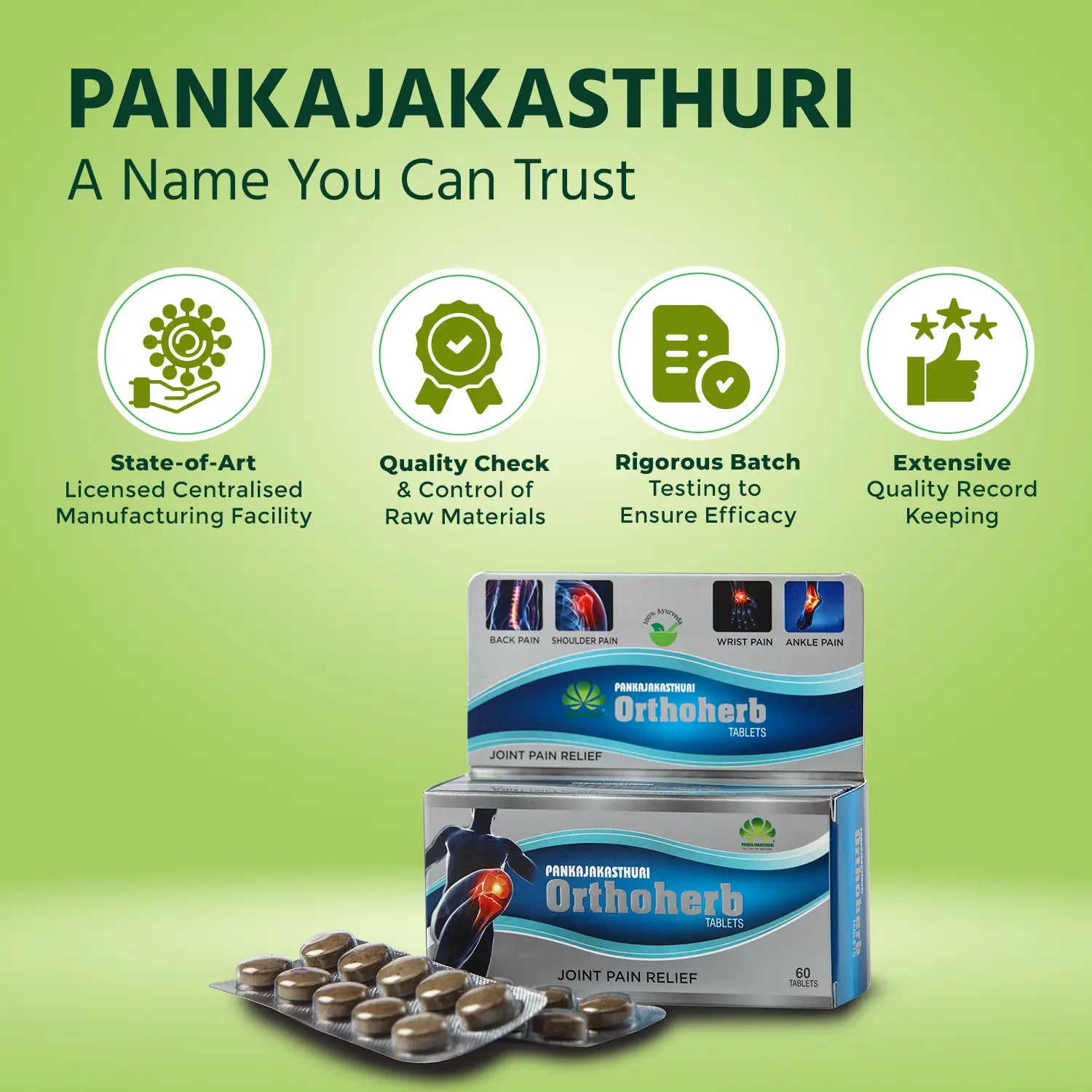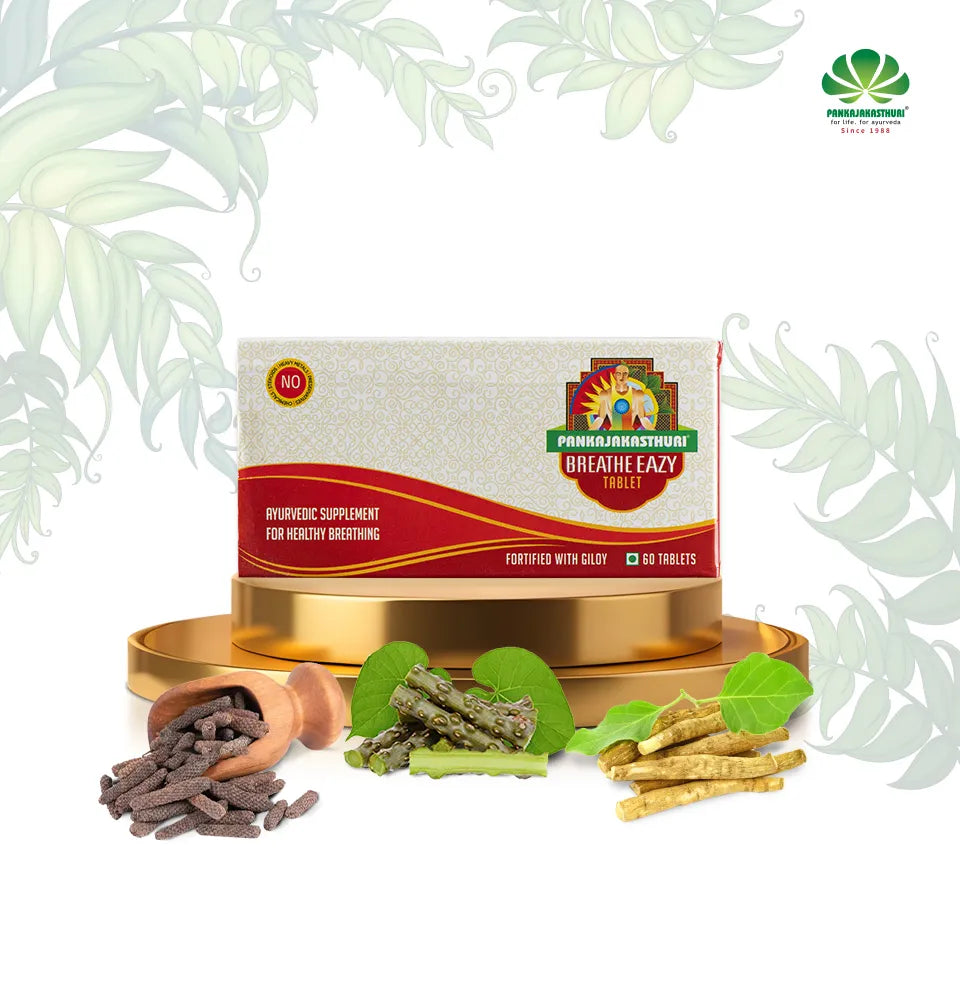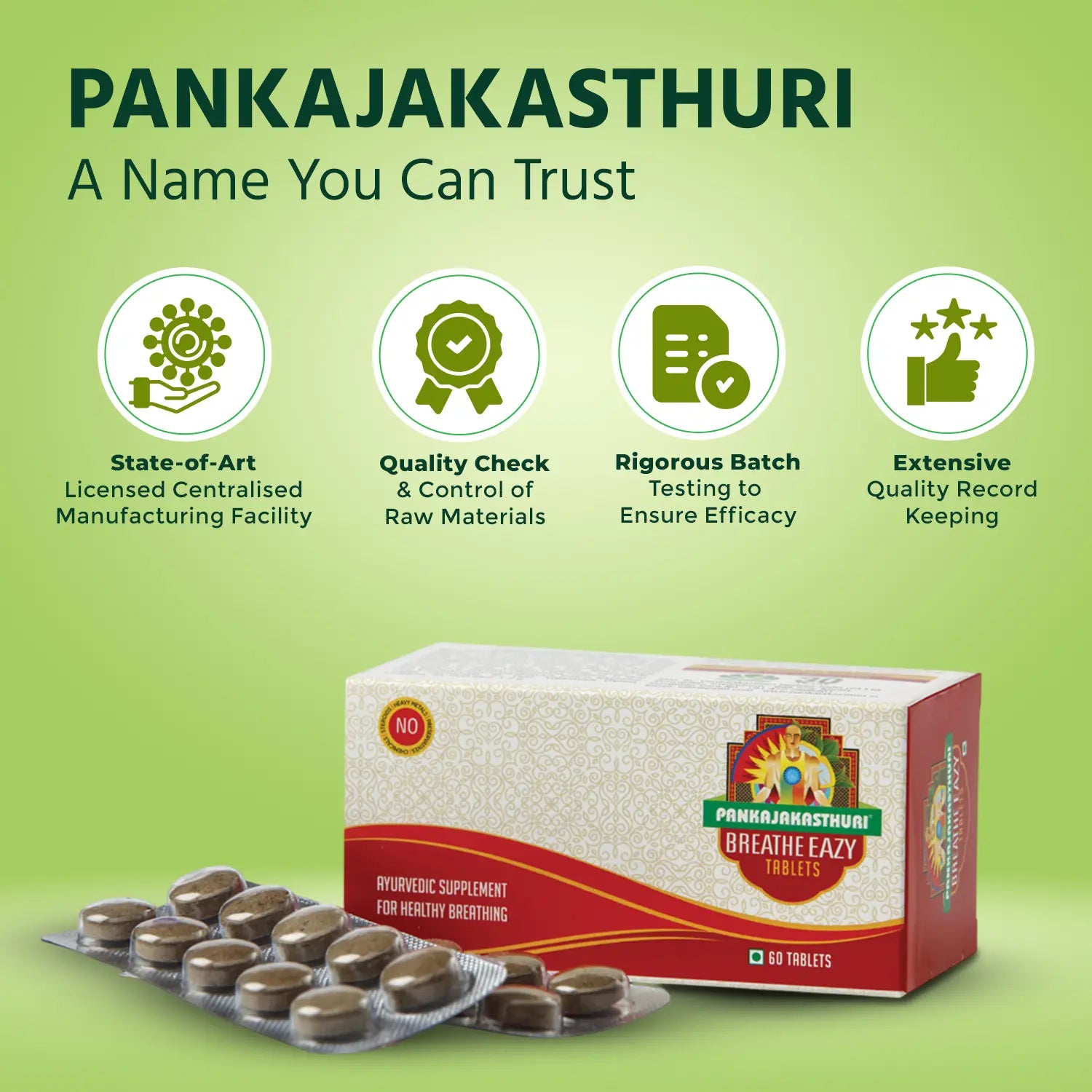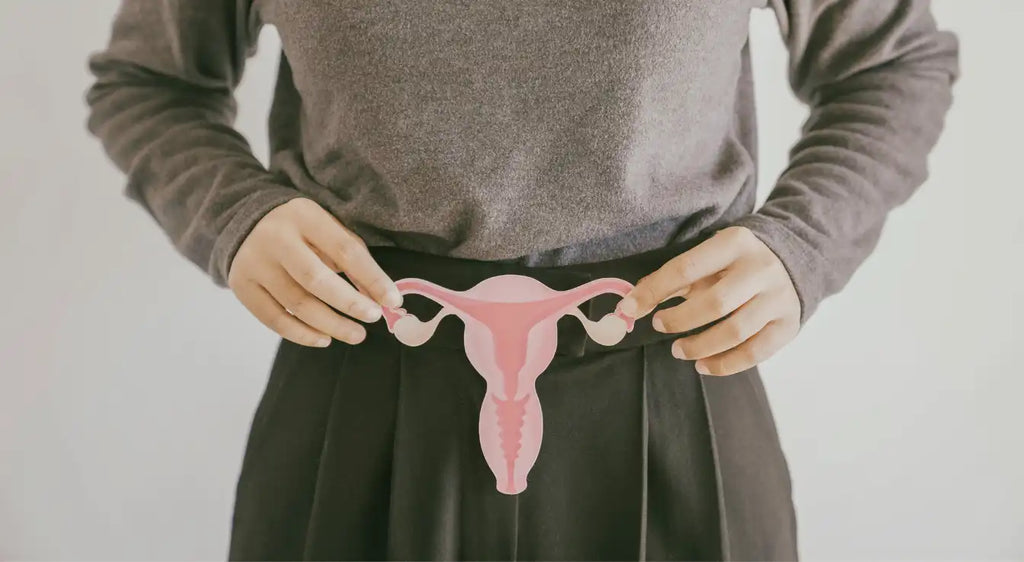
Women's Health Through the Ages: Hormones, Menstruation, Pregnancy & Menopause

Women's health is a complex and ever-changing journey, marked by various stages that bring different needs and challenges. Ayurveda, a holistic healing system, offers valuable insights and treatments tailored to support women through these stages, from menstruation and pregnancy to menopause.
The Importance of Hormones in the Female Body
Hormones play a critical role in regulating various physiological processes in women. These chemical messengers are released into the bloodstream by glands like the pituitary, ovaries and adrenal glands. Let's look at some of the key hormones and their functions:
-
Follicle Stimulating Hormone (FSH): FSH regulates the growth and maturation of eggs in the ovaries. It also plays a key role in the production of Oestrogen.
-
Oestrogen: The primary female sex hormone, which comes in three types:
-
Oestradiol: Produced by the ovaries during reproductive years.
-
Oestriol: The main form produced during pregnancy, especially in the placenta.
-
Oestrone: The form produced after menopause, mainly by the adrenal glands and fatty tissue.
-
-
Luteinizing Hormone (LH): LH triggers ovulation and helps stimulate the production of progesterone from the corpus luteum.
-
Progesterone: Important for preparing the uterus for pregnancy, progesterone supports the growth of blood vessels and nutrients to nourish a fertilized egg.
Each of these hormones works in harmony to ensure the female reproductive system functions optimally. An imbalance in one can disrupt this delicate process and lead to issues like infertility, menstrual disorders or hormonal imbalances.
How Do Hormones Work Together?
Hormones act like messengers, sending signals from glands to various tissues and organs. They regulate crucial functions, such as:
-
Energy Regulation: For example, hormones can increase heart rate when energy is needed.
-
Mood Regulation: Changes in hormone levels can affect emotions, especially during menstruation, pregnancy, and menopause.
-
Reproductive Health: Hormones regulate the menstrual cycle, pregnancy and the body’s transition into menopause.
An imbalance in one hormone can disrupt this system, triggering a chain reaction that affects other hormones and leads to health issues.
Menstrual Health in Ayurveda: Balancing Cycles and Emotions
In Ayurveda, menstruation is seen as a reflection of overall health of a woman. It is believed that the regularity, ease and emotional experience of a woman's cycle are indicators of tri-doshic balance. The three doshas—Vata, Pitta and Kapha—play a crucial role in menstrual health. An imbalance in any of these doshas can lead to common menstrual issues, which Ayurveda addresses through diet, herbs and lifestyle changes.
Ayurvedic Perspective on Common Menstrual Issues
-
Amenorrhea (Missed Periods)
-
Cause: Vata imbalance, which disrupts circulation and movement within the reproductive system, often due to stress or extreme diet.
-
Treatment: Warm, spicy foods; herbs like Shatavari, Guduchi, and Dashmoola; and Panchakarma treatments.
-
-
Dysmenorrhea (Painful Periods)
-
Cause: Pitta imbalance leading to pain, heavy bleeding, and irritation.
-
Treatment: Cooling foods, herbs like Ashoka, Shatavari and Ginger; therapies like Abhyanga (oil massage) and Swedana (herbal steam).
-
-
Menorrhagia (Heavy Bleeding)
-
Cause: Excessive Kapha leading to sluggish digestion and excessive bleeding.
-
Treatment: Cooling, Pitta-pacifying foods; herbs like Lodhra, Ashoka, and Amla; lifestyle changes to balance Kapha.
-
-
Premenstrual Syndrome (PMS)
-
Cause: Imbalance in all three doshas, but typically Vata-Pitta.
-
Treatment: Shatavari for hormone balance, Ashoka for cycle regulation, Brahmi for stress relief and gentle yoga to manage symptoms.
-
The Holistic Ayurvedic Approach to Menstrual Wellness
-
Daily Routine (Dinacharya)
A structured daily routine stabilizes Vata and promotes regular cycles. Ayurveda recommends waking early, eating regular meals and maintaining consistent sleep patterns.
-
Diet and Digestion
Ayurveda emphasizes digestion, which is critical for menstrual health. A Pitta-pacifying diet that avoids spicy, fried and acidic foods is recommended during menstruation.
-
Emotional Well-being
Emotional health is paramount. Stress management practices like yoga, meditation, and mindfulness can help regulate mood swings and reduce the impact of PMS and other menstrual issues.
-
Natural Remedies
-
Sesame Oil Abhyanga:Oil massage on the abdomen helps reduce menstrual pain.
-
Fenugreek Seeds Water: Soaked overnight and consumed in the morning, it reduces cramps.
-
Cumin-Coriander-Fennel (CCF) Tea: Helps balance hormones and detoxify the body.
-
Golden Milk (Turmeric Milk): Calms inflammation and balances the mood.
-
Pregnancy: Ayurvedic Insights and Care
Pregnancy brings profound hormonal changes and Ayurveda focuses on nurturing both mother and foetus while ensuring emotional and physical stability.
Key Goals of Ayurvedic Pregnancy Care:
-
Support Ojas: Ojas represents the body’s vitality and immunity. Ensuring it is strong and essential for a healthy pregnancy.
-
Emotional and Physical Nourishment: Ayurveda provides dietary guidelines to nourish both the mother and the foetus, preventing complications.
Ayurvedic Herbs and Foods for Pregnancy:
-
Shatavari:Supports the uterus and lactation.
-
Ashwagandha: Reduces stress and provides strength (to be used under supervision).
-
Coconut Water and Dates: Boost energy and iron levels.
-
Saffron in Milk: Improves digestion and mood.
-
Triphala: Relieves mild constipation.
Practices:
-
Daily Abhyanga (oil massage): Promotes circulation and alleviates body aches.
-
Pranayama (breathing exercises): Calms the mind and improves mental clarity.
-
Rasayana Therapy: Postpartum rejuvenation to restore energy.
Natural Remedies:
-
Shatavari + Ghee: Supports uterine tone and milk production.
-
Coconut Water: Natural energy and hydration boost.
-
Almonds and Figs: Strengthen bones and prevent constipation.
Menopause: The Ayurvedic Perspective on Transition and Transformation
Menopause marks a significant phase in a woman’s life, representing the transition from the Pitta stage to the Vata stage. This shift often brings physical and emotional changes like hot flashes, mood swings and sleep disturbances, which Ayurveda attributes to dosha imbalances.
Addressing Dosha Imbalances
-
Vata Imbalance: Can cause dryness, anxiety and insomnia.
-
Pitta Imbalance: Can lead to hot flashes, irritability and anger.
Identifying and correcting these imbalances is crucial for a smooth menopause transition.
Ayurvedic Solutions for Menopause Symptoms
-
Herbal Support:
-
Shatavari and Ashwagandha: Help balance hormones and reduce anxiety.
-
Bala: Strengthens the nervous system and muscles.
-
Licorice (Yashtimadhu):Mimics estrogenic effects, helping with dryness and irritability.
-
-
Dietary Recommendations: A Vata-pacifying diet is ideal, focusing on grounding, moist, and nourishing foods like soups, stews and root vegetables.
-
Yoga and Meditation: Regular yoga and meditation can help manage anxiety, reduce stress and improve bone health during menopause.
Natural Remedies for Menopause:
-
Flaxseeds: Rich in phytoestrogens, they help reduce hot flashes
-
Licorice and Nutmeg: Used in milk, they calm anxiety and promote restful sleep.
-
Sesame Oil Massage: Lubricates joints, relieves dryness, and calms Vata dosha.
In conclusion, Ayurveda provides a rich, personalized approach to managing women’s health across different life stages. By understanding hormonal shifts and addressing doshic imbalances, Ayurvedic strategies help women achieve a balanced and healthy life, from menstruation to menopause and beyond.







